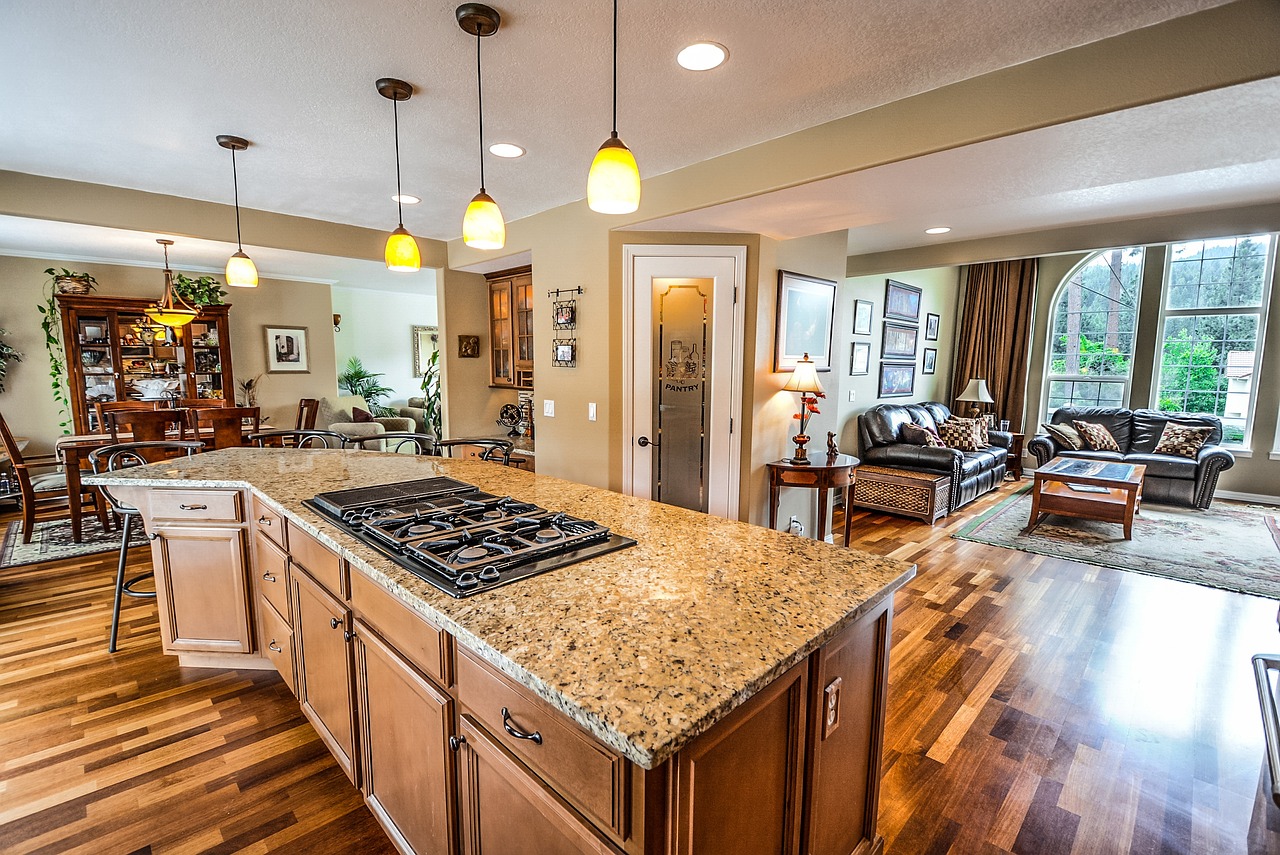Finding reliable kitchen renovators near me starts with identifying professionals who have a proven track record and positive customer reviews in the local area. Local renovators provide the advantage of familiarity with regional building codes, styles, and suppliers, which can make the process smoother and more efficient.
A good renovator offers clear communication, detailed estimates, and a portfolio of completed projects. People looking to update their kitchens benefit from focusing on experience and specialization in kitchen design and remodeling.
Choosing a nearby renovator also makes site visits and ongoing communication easier, reducing delays and misunderstandings. This proximity helps ensure the project stays on schedule and meets quality expectations.
Finding the Best Kitchen Renovators Near Me
Locating reliable kitchen renovators requires attention to specific qualities, thorough research of local experts, and a careful review of their reputations and credentials. These steps help ensure a professional team delivers quality work on time and within budget.
Key Qualities to Look for in a Kitchen Renovation Company
A good kitchen renovator should have extensive experience in kitchen-specific projects, including cabinetry, plumbing, and electrical work. This reduces mistakes and ensures compliance with safety codes.
Look for clear communication skills. The company should provide detailed quotes, timelines, and updates regularly. Transparent pricing with no hidden fees is critical.
Check if they offer a comprehensive warranty on materials and labor. This protects the homeowner from defects or poor workmanship after completion.
Finally, verify licenses and insurance to confirm the company operates legally and covers any accidents or damage during renovation.
Researching Local Kitchen Renovation Professionals
Start by compiling a list of renovators within your area through online searches, local business directories, or recommendations. Verify that the companies focus mainly on kitchens, not general contracting.
Visit showrooms or completed project sites if possible. This gives insight into the quality of materials and craftsmanship.
Ask about their project timeline and availability. Local renovators may provide faster turnaround and easier access for site visits.
Confirm they use licensed subcontractors when needed, as dependable partnerships ensure smooth renovations.
Comparing Reviews and Credentials
Check online reviews across multiple platforms such as Google, Yelp, and Angie’s List. Pay attention to patterns in feedback about punctuality, professionalism, and final results.
Request references and contact past clients to ask about their renovation experience. Specific questions about problem resolution and adherence to the quote help gauge reliability.
Verify certifications like membership in the National Kitchen & Bath Association (NKBA) or similar bodies. These credentials demonstrate commitment to industry standards and ongoing education.
A side-by-side comparison can be created like this:
| Factor | Importance | What to Verify |
| Customer Reviews | High | Consistency in positive feedback |
| Licenses & Insurance | Essential | Current and valid documentation |
| Warranty | Medium | Terms and coverage period |
| Credentials | Medium | NKBA membership or similar |
This table helps prioritize checks when selecting the best renovator nearby.
Planning Your Kitchen Renovation Project
A successful kitchen renovation starts with clear financial planning, detailed design discussions, and a realistic timeline. These elements help homeowners stay organized and manage expectations throughout the process.
Establishing a Realistic Budget
Setting a budget is essential before any work begins. It should include the cost of materials, labor, permits, and unexpected expenses.
Homeowners should research the average prices for appliances, cabinetry, countertops, flooring, and labor in their area. Adding a contingency fund of about 10-15% covers unforeseen costs. Prioritizing needs versus wants can help contain spending.
A detailed budget worksheet or spreadsheet assists in tracking estimates versus actual costs. Communicating budget limits with contractors helps them recommend suitable options and avoid costly surprises.
Design Consultation and Customization Options
A design consultation clarifies the homeowner’s style, needs, and space limitations. Professionals often provide 3D renderings or samples to visualize changes.
Customization options include cabinet finishes, countertop materials, lighting fixtures, and backsplash designs. Considering functionality—such as storage solutions and workflow—guides practical choices.
It’s important to balance aesthetic preferences with durability and maintenance requirements. Designers may suggest energy-efficient appliances or eco-friendly materials that meet budget and design goals.
Understanding Project Timelines
Project duration varies based on the scope, complexity, and contractor availability. Typical kitchen renovations take between 6 to 12 weeks.
Delays can occur due to ordering materials, inspections, or unexpected structural issues. Homeowners should ask for a detailed timeline, broken into phases like demolition, installation, and finishing.
Regular updates from the contractor help track progress and adjust schedules if needed. Allowing buffer time reduces stress and ensures quality work is not rushed.


Leave a Reply